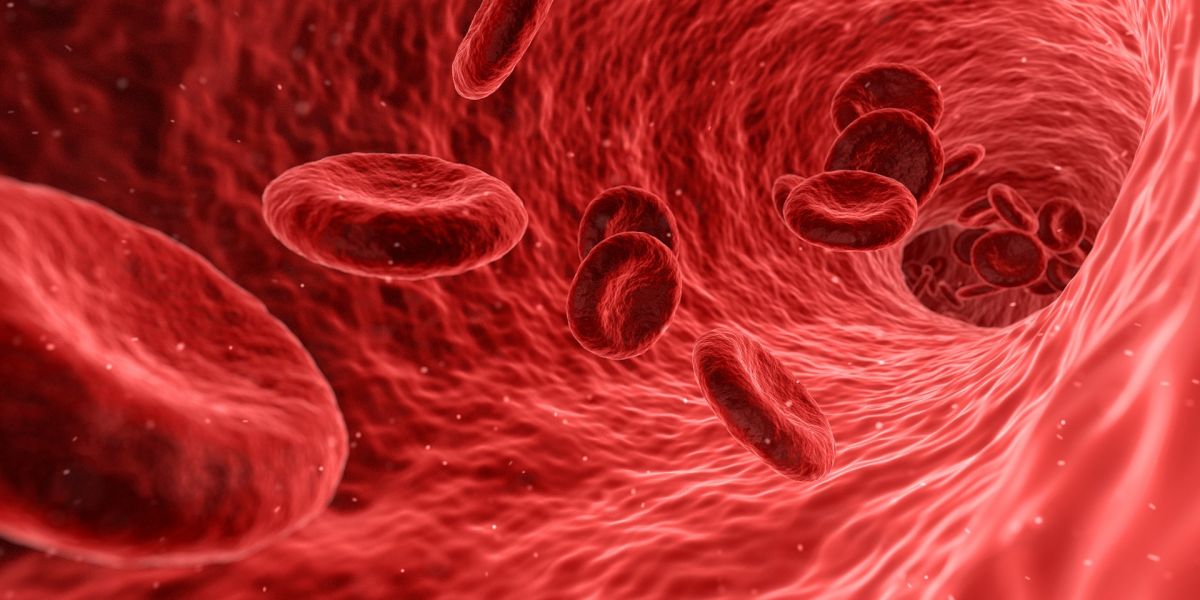Fasting has been practiced for centuries across various cultures and religions, but in recent years, it has gained popularity for its health benefits. Many people turn to this dietary practice for weight management, detoxification, and improved mental clarity. However, understanding the different methods and their effects is essential before incorporating them into your routine.
What is Fasting?
Fasting is the voluntary abstention from food, and sometimes beverages, for a specific period. It allows the body to reset, focus on repair, and optimize its natural processes. By limiting food intake, the body shifts from using glucose for energy to burning stored fat, a process that can aid in overall well-being. Beyond physical benefits, fasting has been linked to improved focus, better metabolic function, and even longevity.
Many cultures and religions incorporate meal restriction into their traditions, not just for health, but also for spiritual and mental clarity. This suggests that fasting has deep-rooted benefits beyond what modern science has uncovered.
Types of Fasting
There are several ways to practice fasting, each offering unique benefits and challenges. Here are the most common types:
1. Intermittent Fasting (Ideal for Beginners)
This approach involves alternating periods of eating and not eating. Common styles include:
- 16/8 Method – Eat within an 8-hour window and avoid food for the remaining 16 hours.
- 5:2 Plan – Consume a regular diet for five days and significantly reduce calorie intake for two non-consecutive days.
- Alternate-Day Schedule – Eat normally one day and limit intake or fast the next.
🟢 Best for: Weight loss, metabolism support, and improved insulin sensitivity.
🔴 Not suitable for: Individuals with a history of eating disorders or certain medical conditions.
This eating pattern is one of the most popular because it is easy to incorporate into daily life. Many people who practice intermittent fasting find that it helps them maintain a healthy relationship with food while also promoting weight loss and increased energy levels.
2. Water-Only Fast (For Detoxification)
This method involves drinking only water for a set duration, typically between 24 and 72 hours. It is more challenging and requires preparation to avoid adverse effects.
🟢 Best for: Deep detoxification and cellular repair.
🔴 Not recommended for: Those with nutrient deficiencies or chronic illnesses.
Water fasting should always be approached with caution, as it can lead to electrolyte imbalances if done incorrectly. Some people report increased mental clarity and improved digestion after a successful water fast.
3. Dry Fast (Advanced Level)
Dry fasting is more extreme since it eliminates both food and water. While some believe it accelerates healing, it carries a higher risk of dehydration and should be done cautiously.
🟢 Best for: Religious or spiritual discipline and short-term immune boosting.
🔴 Avoid if: You have kidney issues, dehydration risk, or live in a warm climate.
Unlike other meal restriction methods, dry fasting is considered by some practitioners as a way to push the body into a deep state of detox. However, it is important to listen to your body and avoid prolonged dry fasting without medical supervision.
4. Extended Fast (For Experienced Individuals)
Lasting three or more days, this type requires medical supervision due to its intensity. It is believed to activate deep cellular renewal.
🟢 Best for: Long-term detoxification and potential longevity benefits.
🔴 Not ideal for: People who are underweight or on medication.
Extended fasting is often done by individuals looking to achieve autophagy, the body’s process of cleaning out damaged cells. Studies have shown that prolonged fasting can have significant anti-aging benefits and may even contribute to disease prevention.
Health Benefits of Fasting
Scientific research has highlighted multiple benefits of structured meal breaks, including:
✅ Supports Fat Burning – The body switches to burning stored fat for energy.
✅ Enhances Brain Function – May promote mental clarity and reduce neurodegenerative risks.
✅ Improves Digestion – Gives the digestive system a chance to reset.
✅ Helps Regulate Blood Sugar – Can lower insulin resistance and improve glucose control.
✅ Encourages Cellular Renewal – Triggers autophagy, the body’s natural cleaning process.
✅ Reduces Inflammation – Studies indicate that fasting may help lower inflammation, which is linked to various chronic diseases.
✅ Boosts Heart Health – Fasting can contribute to lower blood pressure and reduced cholesterol levels.
Beyond these benefits, fasting has also been linked to improved gut microbiome health, better hormone regulation, and even mood enhancement. Many individuals report feeling a sense of well-being and control over their eating habits after adopting fasting practices.
Who Should Avoid Fasting?
While beneficial, fasting is not suitable for everyone. Certain individuals should consult a healthcare professional before attempting it:
- Expecting or breastfeeding mothers
- Individuals managing diabetes or low blood sugar
- Those on prescribed medications
- Underweight individuals
- People with a history of disordered eating
- Athletes with high energy demands who require constant nutrient intake
Best Practices for Safe Fasting
If you’re new to fasting, consider these tips to make the experience effective and safe:
💧 Hydrate Well – Drink enough water, even if following a structured meal break.
⏳ Start Gradually – Begin with shorter fasting durations before extending the period.
🍏 Break the Fast Mindfully – Choose whole, nutrient-dense foods instead of processed meals.
👂 Listen to Your Body – If you experience dizziness or extreme fatigue, stop and reassess.
🥗 Consume Balanced Nutrition – Ensure adequate nutrient intake during eating periods.
Another important aspect is understanding that fasting should be a sustainable lifestyle change rather than a quick fix. Consistency and patience yield better long-term results than extreme, short-term fasting.
Final Thoughts
Incorporating fasting into a wellness routine can provide numerous benefits, from weight management to cellular rejuvenation. However, it is crucial to select the right method based on individual needs and health conditions. By understanding its effects and following best practices, one can make informed decisions for a healthier lifestyle.
Fasting is a versatile approach that, when done safely, can have a profound impact on overall health. If you’re new to it, consider consulting a healthcare professional to determine which method suits you best. The journey towards wellness begins with small, manageable changes!
Disclaimer: This article provides general information about fasting and is for educational purposes only. It is not a substitute for professional medical advice, diagnosis, or treatment. Always consult with a doctor or healthcare professional before starting any fasting regimen, especially if you have underlying medical conditions, are pregnant, breastfeeding, or taking medications. Well Health Organic does not take responsibility for any health-related decisions made based on this content.



















